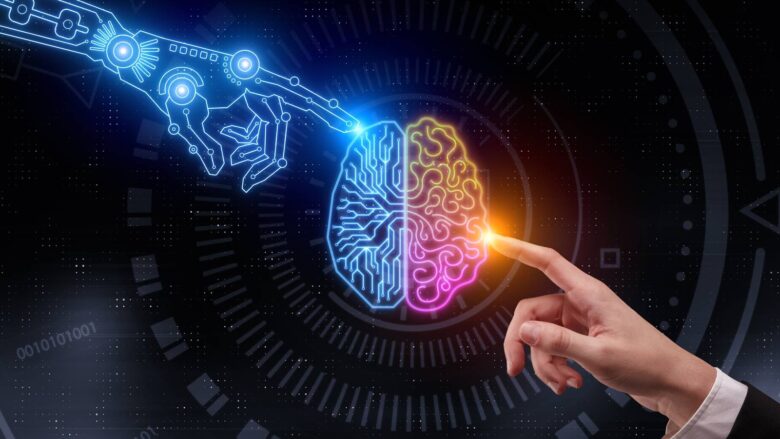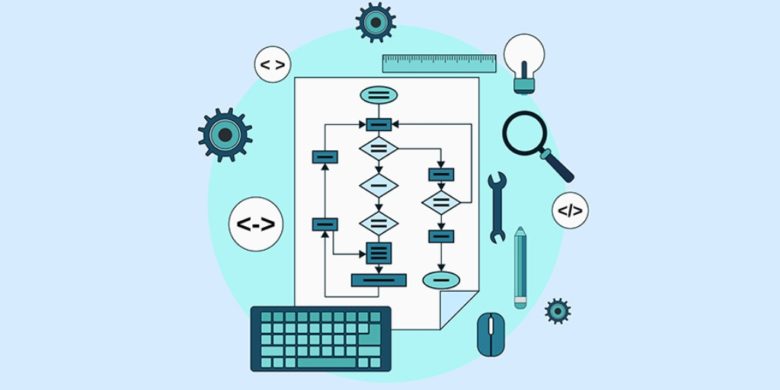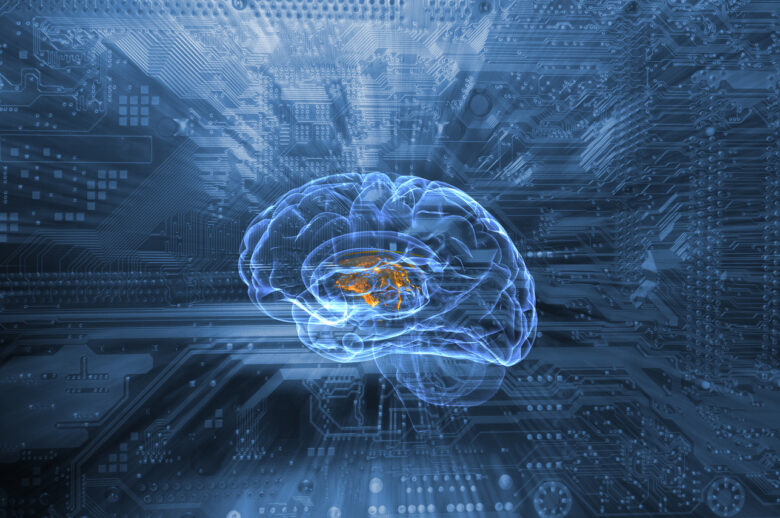Software testing is essential to find out any program errors or defects that were made during the software development process and fix all of them before releasing the software into the market. It helps software developing organizations to produce highly reliable software and apps and maintain customer satisfaction at a high level. After all, offering high-quality software is the best way for these organizations to build customer’s confidence and trust.
While software testing being performed by humans still offers results, artificial Intelligence (AI), on the other hand, can process the testing phase much faster, easier, and clearer. However, even in the use of AI in software testing, there is a need in managing the process and this where test management tools like PractiTest come into help
However, AI implementation in software testing is far from perfect, so it’s still safe to say that the software QA’s don’t have to start looking for a new job elsewhere (yet!). There are still plenty of software issues to work through with the need for human intervention. And by working together, both AI and QA professionals, it will have a significant impact when it comes to the software testing process and to the growth of the business as a whole as well.
What can an AI offer to software organizations?

Source: enterprisetalk.com
AI helps to enhance the accuracy of the test process.
When we talk about traditional software testing, both developers and QA testers do the program debugging and data analysis. However, even the most experienced software engineers are still prone to missing out on some vital details and even making mistakes. If one overlooks some crucial program defects, it will be their customer who will pick up the bugs. And if that happens, the software company usually faces significant consequences since it could damage its brand reputation by making its product unreliable.
Thankfully, that’s where the AI software testing technologies can come to help. What the developers and QAs can do is to teach the AI about certain data analysis and apply the necessary methodologies on the process. With this, the AI can produce more reliable and more accurate test results. They won’t just test and find possible defects but also shorten the testing process’s time. And more importantly, it eliminates any probability of human error. It also creates more time for the QA team to address other matters in the software testing phase.
Opportunities to the QA team.
AI testing is still new and evolving to make the whole testing phase more quickly and efficiently, even if it takes a huge number of test executions. With this new technology, your QA staff or engineers need to develop new skills to cope up. This will give them opportunities to learn new skills such as algorithmic analysis, math optimization, neuro-linguistic programming, and even business intelligence. Having said that, software companies need to invest in the following skill development for their QA team.
- AI Test Experts
Aside from their traditional testing skills, your QA staff should start learning algorithms, provide them with training that teaches them to understand math models. And more importantly, they need to understand how natural language processing paradigms work to become experts on AI testing.
- AI QA Strategists
This role tends to deal with business processes. The QA needs to learn and understand math optimization, robotics techniques, and data flow. They should be able to create a strategy where AI would be beneficial to the whole business lifecycle.
- Data Scientists
In order to build the necessary AI-based QA strategy model, someone in your QA team needs to become data scientists by learning data filtering, statistics and can conduct predictive analysis.
These three are just some of the essential role opportunities for your QA team. These roles are responsible for guiding the AI and teaching the system about different types of tests and repetitive issues. In fact, many believe that AI can do nearly 70% of repetitive testing procedures. However, it would be best if you still had QA intervention for testing other user scenario tests that AI isn’t capable of learning yet. Moreover, your QA team is still the one responsible for creating workflow models, tools, and environment set up. This means that while having an AI is an excellent choice to run repetitive tests, you still need a QA staff or engineer to monitor the testing progress, create test plans, and take control over QA objectives and strategies.
Predictive analysis.
Another great feature that AI testing software can offer is that they can assist your software development and QA team in customer data analysis to improve customer processes. Since the competition is getting fiercer as the information technology continues to evolve, software companies have to find ways to predict their consumer’s needs to get ahead of the competition. However, predictive analytics is quite a challenging job, so getting assistance from AI is a huge advantage.
The role of AI in software testing

Source: enterprisetalk.ondot.media
Automation in visual validation.
Image-based testing through AI automated visual validation is becoming more popular nowadays. It allows the system to detect minor program anomalies that a human eye can miss. This will ensure that each of your UI elements will look good by providing the perfect size, color, and position. This process eliminates visual bugs.
Automation in writing test cases.
Similar to the web crawlers methodology, AI testing software is also capable of detecting different types of issues like visual difference, slow run time, and potential bugs. All the potential problems are then automatically marked for QA validation.
Improve software reliability.
AI testing software now has the ability to correct code each time developers make some errors in doing small changes like renaming or resizing a field. This makes coding more reliable and maintainable for your developers. AI has the ability to observe and understand changes in the application. It automatically adjusts at runtime, lessening any flakiness in the system and the fragility of test automation.
Lessen the UI-based testing.
Automation without the user interface helps lessens testing cost, scripting, error, and time. AI can be integrated into production monitoring and system logs for bug prediction, error notification, and even self-healing. In this way, it could speed up Software Development, Testing, and Management.
How AI machine learning technology helps software companies or organizations?

Source: industr.com
AI Machine learning (ML), on the other hand, is a technology used for pattern-recognition. The system’s algorithms analyze information to identify predictive patterns easily. Below are some processes where AI machine learning technology helps software companies.
- UI Test
ML bots are proven helpful in enhancing the end-user experience. As you might probably know, lots of modern apps have already embraced similar bots features, functionality, and interface. But aside from this, bots can also learn image-based testing. This way, QA testers allow bots to find visual defects in the app or software automatically.
- APIs
AI testing software can perform a check-up of the API layer. It can run an analysis of test scripts that allow the QA tester to limit them, making a lot of API calls.
- Strategy-Orientation
AI enables QA testers to define a minimum number of tests if one needs to check the code’s effectiveness even for small changes. It analyses any software vulnerabilities in the current test coverage.
Future of test automation

Source: medium.com
Artificial intelligence will have a significant influence on the field of software testing. It has the ability to help solve even some of the significant challenges when it comes to testing automation. The way QA does test automation is going to change significantly in the future, especially in terms of taking a more risk-based approach to software testing.
AI is capable of learning from different user flows. It can create test cases based on the information and actual user data. There is no need to spend a lot of time creating test data since the AI can do it automatically. It helps to increase test coverage, which makes automated tests much more effective. Also, the more tests the QA runs, the more data the AI learns about the tests, and the more stable the tests become in the long run.
Moreover, AI test automation is not a developer-focused task. Everyone in the QA team can participate in writing automated tests. QAs can create and record tests on their own. They can also even use the tests that are automatically created by the AI to create effective automated test sequences. In this way, it will become much easier to write effective tests.
The Takeaway

Source: information-age.com
Thanks to AI development, QA testers can move beyond the traditional manual testing models and embrace the automated and precision-based testing process. Software companies have to accept AI bot as a useful addition, which can help to lessen the workload and make a QA tester’s life much easier.
However, one should take note that manual testing remains essential and should not be compared to AI automation since they have their respective strengths. After all, AI still needs human understanding, creativity, and contextualization to ensure the quality of the software. The traditional and automation approach can be combined together to provide highly reliable software in the market.




